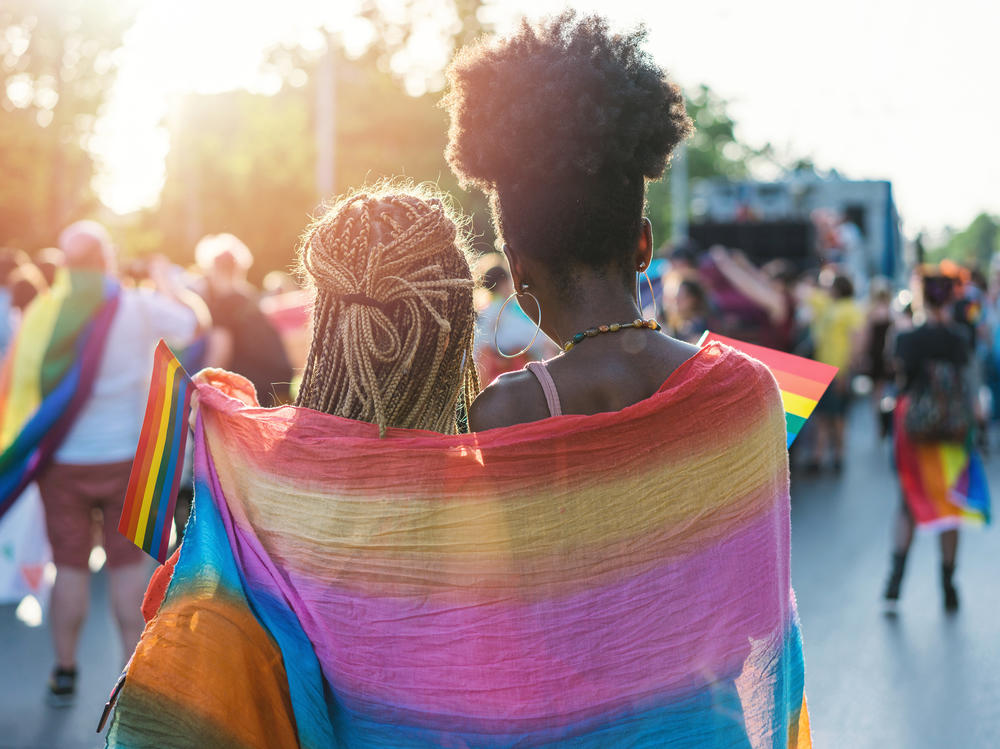Section Branding
Header Content
A study links facing discrimination at a young age with future mental health issues
Primary Content
A new study suggests that people who face discrimination at a young age are more likely to develop behavioral and mental health problems later in life.
And the risks may be cumulative; those who faced more incidents of discrimination had an even higher risk of future problems, researchers found.
The UCLA study, published in the journal Pediatrics on Sunday, looked at health data for 1,834 Americans who were between the ages of 18 and 28 when the study started. The authors said it was the first time researchers had probed the effects of discrimination on the same group of young people during their transition to adulthood.
"With 75% of all lifetime mental health disorders presenting by age 24, the transition to adulthood is a crucial time to prevent mental and behavioral health problems," Yvonne Lei, a medical student at the David Geffen School of Medicine at UCLA and the study's corresponding author, said in a press release.
The data came from the University of Michigan's Transition to Adulthood Supplement of the Panel Study of Income Dynamics survey, in which 93% of respondents reported experiencing discrimination. It included discrimination based on age, physical appearance, sex, race and other factors.
According to the UCLA researchers, people who faced any discrimination had a 26% greater risk of poor health than those who said they hadn't faced any.
And young people who faced frequent discrimination, which was defined as at least a few times per month, saw a roughly 25% jump in their likelihood of being diagnosed with a mental illness over those who had faced little or no discrimination. They were also twice as likely to develop severe psychological stress.
The study also suggested a connection between the effects of discrimination on young people and the disparate levels of care they receive in the health care system.
"The associations we found are likely also intertwined with mental health care service disparities — including inequities in care access, provider biases and structural and institutional discrimination in health care — leading to inequities in diagnoses, treatment and outcomes," said Dr. Adam Schickedanz, an assistant professor of pediatrics at the Geffen School of Medicine and the study's senior author.
Copyright 2021 NPR. To see more, visit https://www.npr.org.

